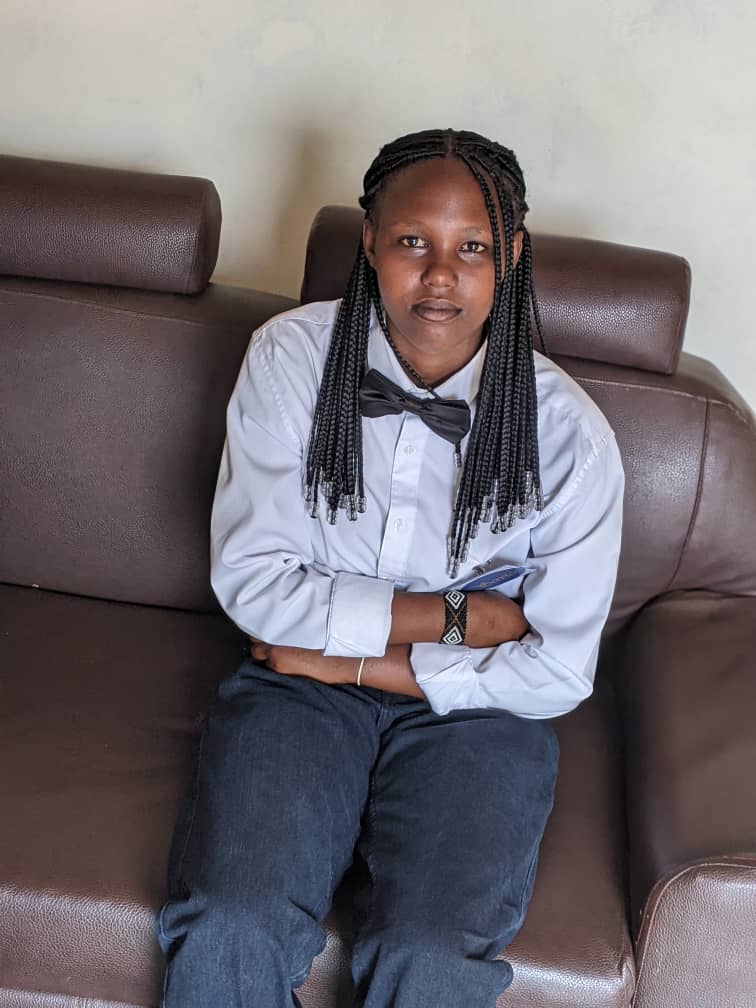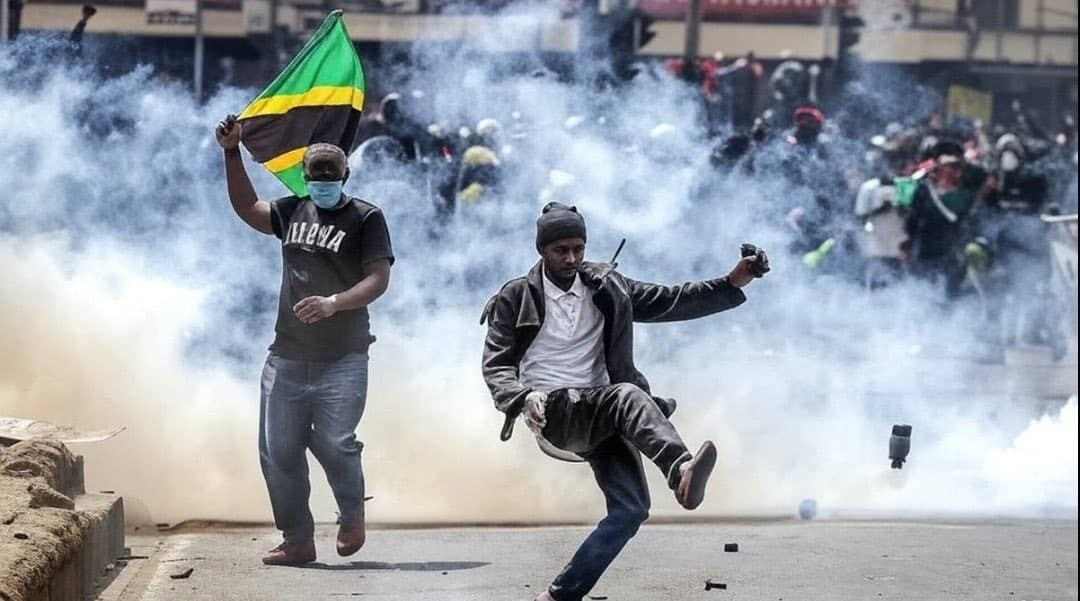Rwanda continues to draw attention across East Africa for its distinctive approach to governance and democratic participation. In a region where election periods are often marked by tension, violence, and political uncertainty, Rwanda presents a strikingly different picture: orderly voting, active citizen engagement, and a national atmosphere that prioritizes stability and progress.
During electoral cycles, daily life in Rwanda remains largely uninterrupted. Schools and businesses stay open, roads are accessible, and security forces maintain a visible yet non-confrontational presence. Unlike scenes witnessed in Kenya, Uganda, Burundi, and the Democratic Republic of Congo—where elections have sometimes resulted in protests, security crackdowns, or digital shutdowns—Rwanda’s voting process typically unfolds without major disruptions.
This controlled calm has fueled a debate about what defines democracy in Africa. Western narratives often critique Rwanda’s political landscape as restrictive, pointing to limited political opposition and concerns over press freedoms. However, many Rwandans argue that their model prioritizes collective security, national unity, and transparent governance, grounded in the country’s post-genocide context.
Political analysts note that for democracy to be authentic, it must reflect the aspirations and lived realities of citizens rather than conforming to external standards. In Rwanda, high voter turnout and community-based forums such as Umuganda and Inteko z’Abaturage are cited by citizens as evidence that participation is culturally embedded, not merely electoral.
“If democracy means people having a voice in how their nation is run, then Rwanda is practicing democracy every day—not just on voting day,” said a youth civic leader in Kigali, emphasizing the connection between social cohesion and governance stability.
Comparisons across the region highlight contradictions in how democracy is evaluated. Countries sometimes praised for political openness have also faced divisive campaigns, violent demonstrations, or post-election instability. Meanwhile, leaders with long tenures—such as Cameroon’s Paul Biya—continue to receive international legitimacy despite limited visible democratic participation.
Rwanda’s governance model challenges those assumptions. Elections are treated as national milestones rather than security threats, with civic education campaigns encouraging informed voting and constructive engagement. Analysts argue this reduces opportunities for manipulation and discourages polarizing politics.
Critics stress that continued progress in political pluralism, media independence, and civil liberties remains essential for Rwanda’s long-term democratic growth. Supporters counter that stability and development form the foundation on which these freedoms can continue to expand securely.





